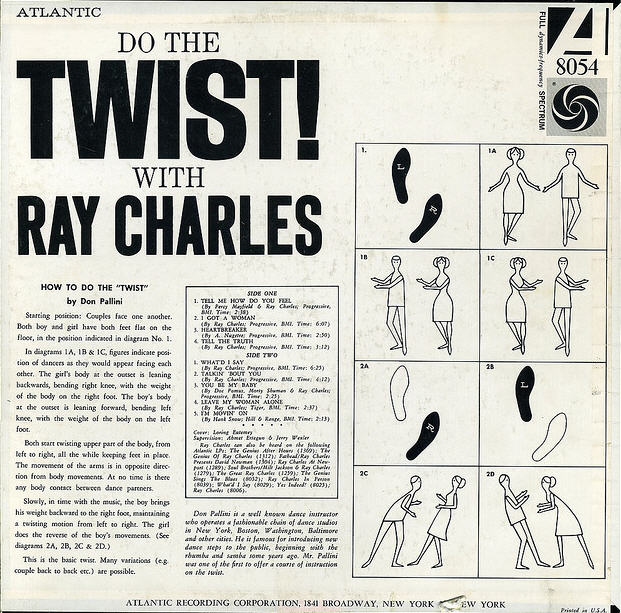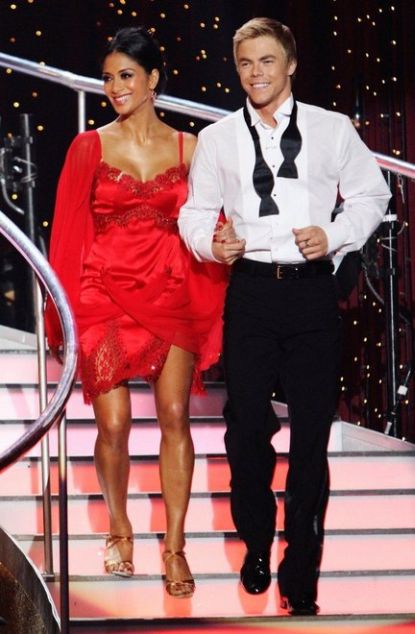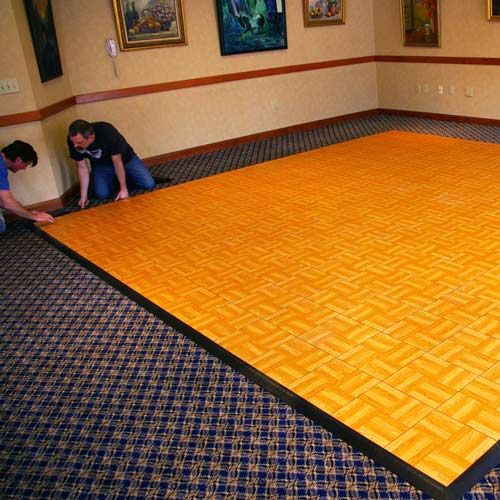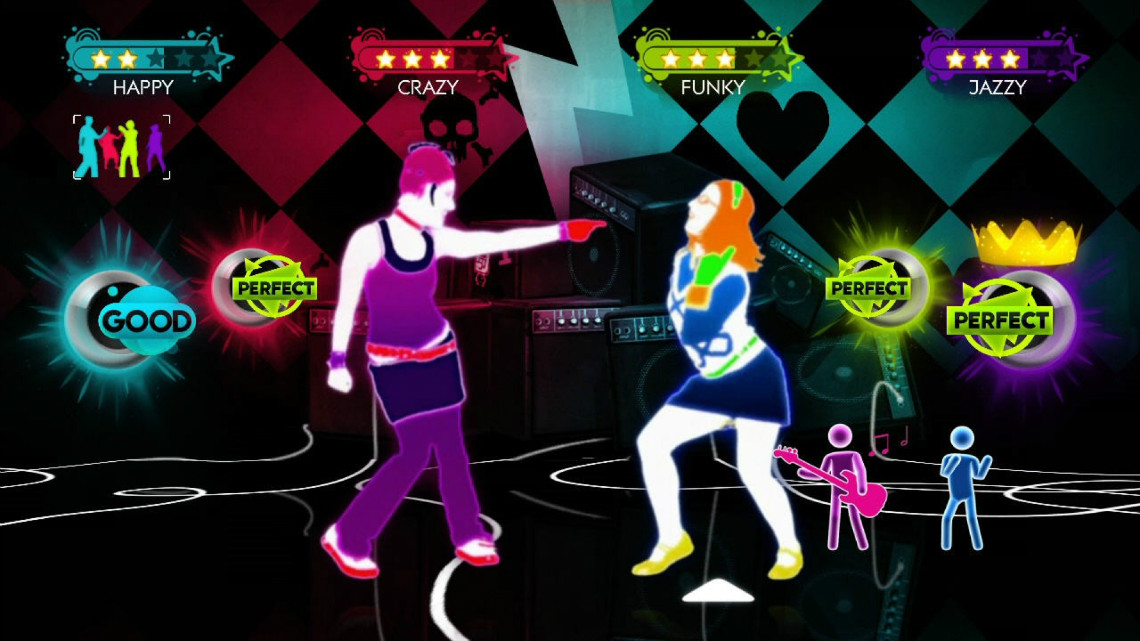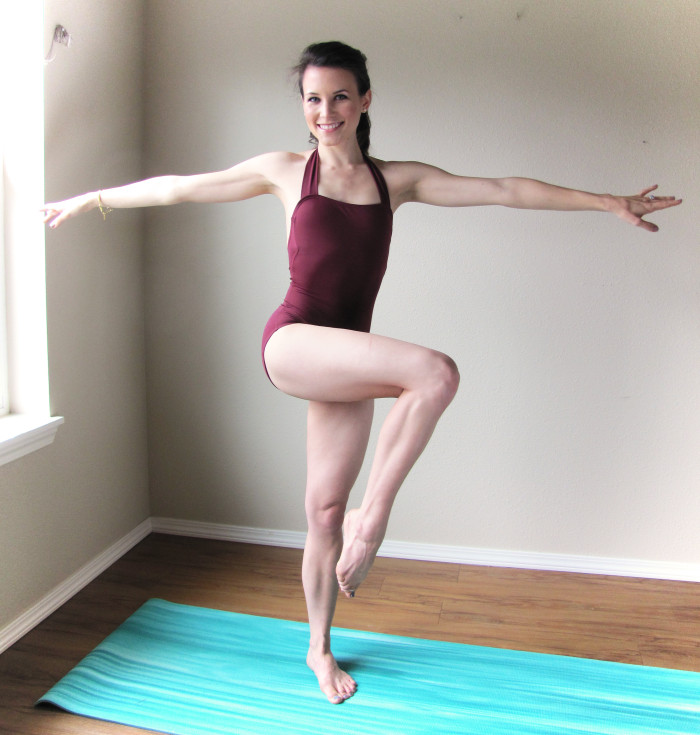How did david dance
2 Samuel 6,1-19 - David dances before the Lord
July 12, 1997
David dances before the Lord
2 Samuel 6:1-5, 12b-19
Today’s message is about David’s celebration as the recovered Ark of the Covenant is brought back to Jerusalem. The Ark was regarded since Moses' time as the dwelling place of God in the midst of His people. After many years in captivity it is brought home to the nation's capital with great rejoicing.
Let me read text:
2 Samuel 6:1-5, 12b-19
Three times, this reading emphasizes the singing and dancing with which the Ark of the Lord was brought to the tent David had erected on Mount Zion.
Michal, David’s wife and the daughter of King Saul, had a negative reaction to David’s dancing in the streets. A superficial reading of the text makes it sound as if David must have exposed himself. What happened, in fact, is that David saw the return of the Ark as a solemn occasion. And he saw it unfit for himself to wear his royal garments, and instead he wore a very simple garment.
In verses 6-12a, Uzzah reaches out to steady the Ark and keep it from falling of the cart because the oxen had tripped, and he is struck dead. Yet others must have touched the Ark, to load it onto the cart. Why were they not killed too? The text does not explain the “why”, and we can only speculate about the inner attitude of Uzzah.
David’s dancing may have been part of a prolonged and complex liturgical procession. The details are long lost, but its intensity remains in the description of David's whirling and leaping. His gyrations almost convey a mood of desperation. David might well be terrified of the power of this Ark should anything go wrong before he got it home.
Michal seemed to be really angry for David’s perceived impropriety. However, we must look at the context in which this celebration takes place. God had turned his face against King Saul and He had blessed David and promised him a Kingdom and a Covenant that would last forever.
That's part of the story in Samuel.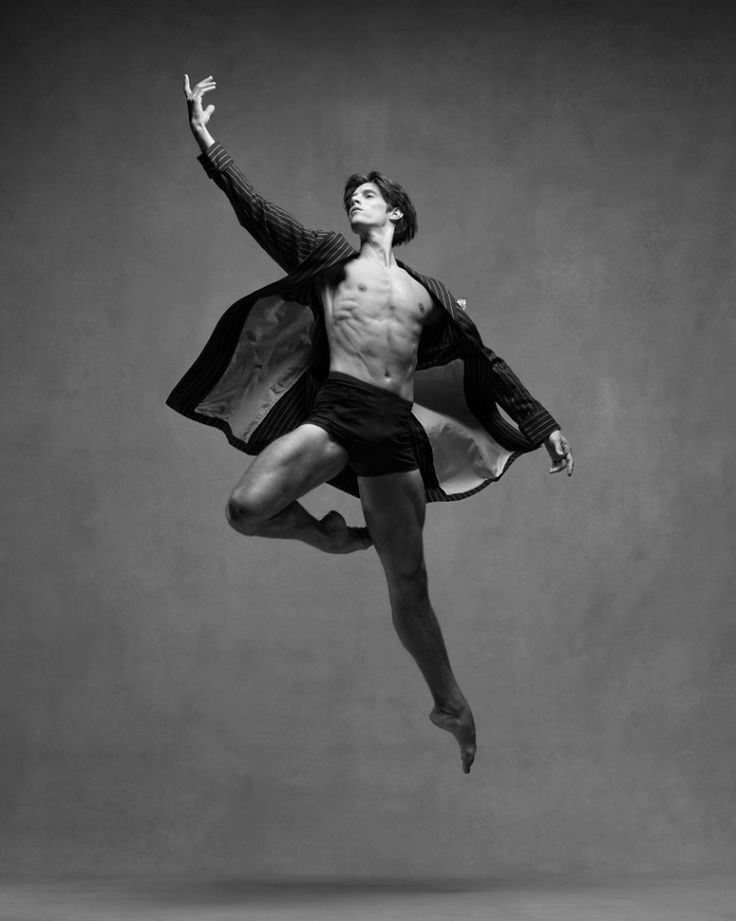 It is not surprising that Michal would despise her husband David, because he was about to take her father’s throne, and she knew it.
It is not surprising that Michal would despise her husband David, because he was about to take her father’s throne, and she knew it.
A further point can be made that David’s first and deepest allegiance was to God. And he saw it only fit to dance in celebration of the God who had chosen him and his descendants to be a covenant partner forever. Before God, David felt it to be inappropriate to come as the King of Israel - but rather as a common servant and partner with the people of God. Instead, David acknowledged the Kingship and Rule of God in Israel. In this context he perceived his royal garments to be an impediment to worship God in humility and truth.
When God calls us to be His covenant partners we are wise to remove all impediments that may stand between God and us. Rather than elevating ourselves before God, we are called to humility and awe before the God who has saved us. God is King! And He deserves our humblest devotion and praise.
When we talk about David dancing in the streets we may relate that to some stories that our missionary friends share with us about the African Independent Churches.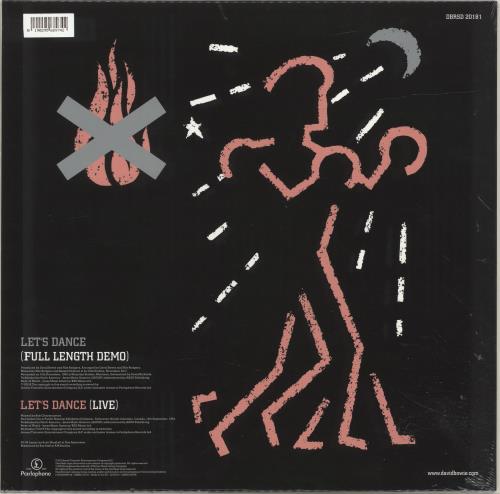 Our African brothers and sisters are much more expressive in their worship than most people in our Western churches are. They often dance and sing on their way to church on Sunday morning, five miles each way, dancing every step.
Our African brothers and sisters are much more expressive in their worship than most people in our Western churches are. They often dance and sing on their way to church on Sunday morning, five miles each way, dancing every step.
I wonder how our faith might be affected if we sang and danced our way to church. How would non-church people perceive us? They would think we had fallen and bumped our heads, or something.
It’s not that we have no reason to celebrate our faith. Indeed, we have a lot of reason to celebrate and give praise to God. As I mentioned in the German message, as a Mennonite people we have experienced God’s presence and leading in our lives throughout the centuries. “The Ark of God’s Covenant” has been in our midst, so to speak. And God is still at work in our lives.
This calls for an unreserved celebration of our faith. As we celebrate and rejoice before God, as David and the Israelites did, we pass on the inheritance of our faith to generations yet to come.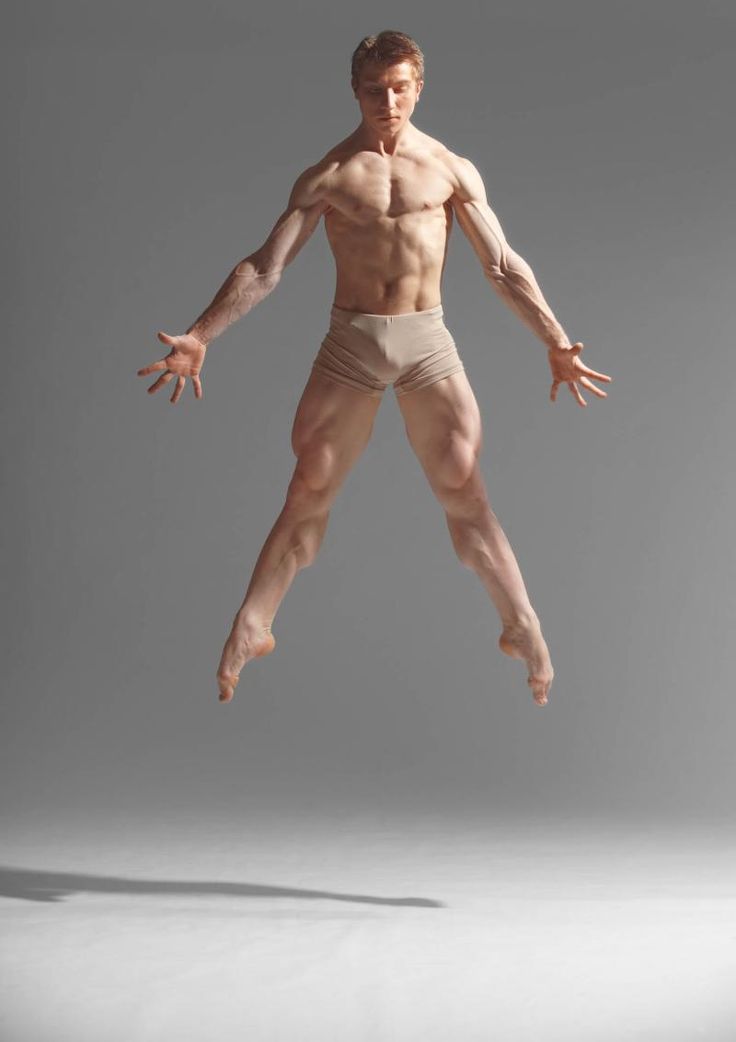 Our children and grandchildren will assimilate that which is most important to us. Therefore, may God’s praise flow richly from our lives.
Our children and grandchildren will assimilate that which is most important to us. Therefore, may God’s praise flow richly from our lives.
We are chosen by Jesus Christ to celebrate God’s love and grace toward us. We are invited to be expressive in our gratitude toward God. The Christian life is a life of joy and celebration.
When our lives are touched by the love of God, His grace flows into this world through the channel of our love, healing it, straightening its twistedness, mending its brokenness, and enlightening its darkness. That is the celebration of the Christian life - to touch the lives of others and so invite them to experience the blessings of God.
Our Lord invites us to be intentional about our celebration of God’s grace. Let us not “relax and see what happens”. Rather, let us express God’s praise in every breath we take. Let us be a people who celebrate the goodness of God.
May God’s Spirit enable us to be free in our celebration of Him who saves us, and who dwells in our midst.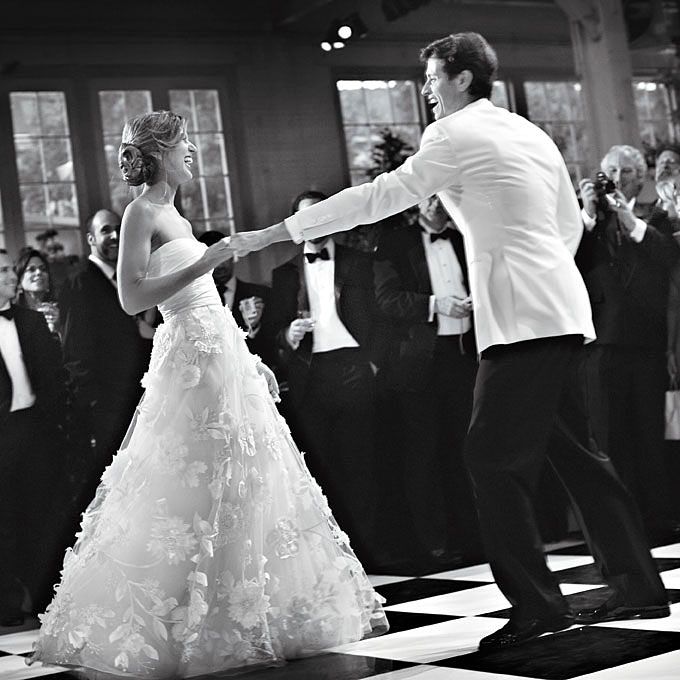
David Dances before the Ark
2 Samuel 6
6 David again gathered all the chosen men of Israel, thirty thousand. 2And David arose and went with all the people who were with him from Baʹale-judah, to bring up from there the ark of God, which is called by the name of the Lord of hosts who sits enthroned on the cherubim. 3And they carried the ark of God upon a new cart, and brought it out of the house of Abinʹadab which was on the hill; and Uzzah and Ahiʹo, the sons of Abinʹadab, were driving the new cart 4with the ark of God; and Ahiʹo went before the ark. 5And David and all the house of Israel were making merry before the Lord with all their might, with songs and lyres and harps and tambourines and castanets and cymbals.
6 And when they came to the threshing floor of Nacon, Uzzah put out his hand to the ark of God and took hold of it, for the oxen stumbled. 7And the anger of the Lord was kindled against Uzzah; and God smote him there because he put forth his hand to the ark; and he died there beside the ark of God.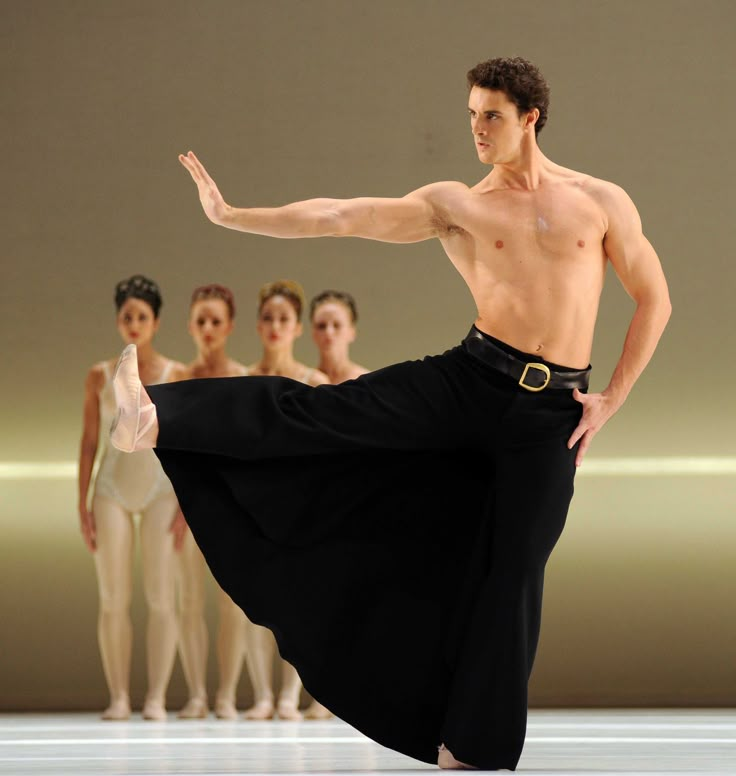 8And David was angry because the Lord had broken forth upon Uzzah; and that place is called Peʹrez-uzʹzah, to this day. 9And David was afraid of the Lord that day; and he said, “How can the ark of the Lord come to me?” 10So David was not willing to take the ark of the Lord into the city of David; but David took it aside to the house of Oʹbed-eʹdom the Gittite. 11And the ark of the Lord remained in the house of Oʹbed-eʹdom the Gittite three months; and the Lord blessed Oʹbed-eʹdom and all his household.
8And David was angry because the Lord had broken forth upon Uzzah; and that place is called Peʹrez-uzʹzah, to this day. 9And David was afraid of the Lord that day; and he said, “How can the ark of the Lord come to me?” 10So David was not willing to take the ark of the Lord into the city of David; but David took it aside to the house of Oʹbed-eʹdom the Gittite. 11And the ark of the Lord remained in the house of Oʹbed-eʹdom the Gittite three months; and the Lord blessed Oʹbed-eʹdom and all his household.
12 And it was told King David, “The Lord has blessed the household of Oʹbed-eʹdom and all that belongs to him, because of the ark of God.” So David went and brought up the ark of God from the house of Oʹbed-eʹdom to the city of David with rejoicing; 13and when those who bore the ark of the Lord had gone six paces, he sacrificed an ox and a fatling. 14And David danced before the Lord with all his might; and David was girded with a linen ephod. 15So David and all the house of Israel brought up the ark of the Lord with shouting, and with the sound of the horn.
16 As the ark of the Lord came into the city of David, Michal the daughter of Saul looked out of the window, and saw King David leaping and dancing before the Lord; and she despised him in her heart. 17And they brought in the ark of the Lord, and set it in its place, inside the tent which David had pitched for it; and David offered burnt offerings and peace offerings before the Lord. 18And when David had finished offering the burnt offerings and the peace offerings, he blessed the people in the name of the Lord of hosts, 19and distributed among all the people, the whole multitude of Israel, both men and women, to each a cake of bread, a portion of meat, and a cake of raisins. Then all the people departed, each to his house.
20 And David returned to bless his household. But Michal the daughter of Saul came out to meet David, and said, “How the king of Israel honored himself today, uncovering himself today before the eyes of his servants’ maids, as one of the vulgar fellows shamelessly uncovers himself!” 21And David said to Michal, “It was before the Lord, who chose me above your father, and above all his house, to appoint me as prince over Israel, the people of the Lord—and I will make merry before the Lord.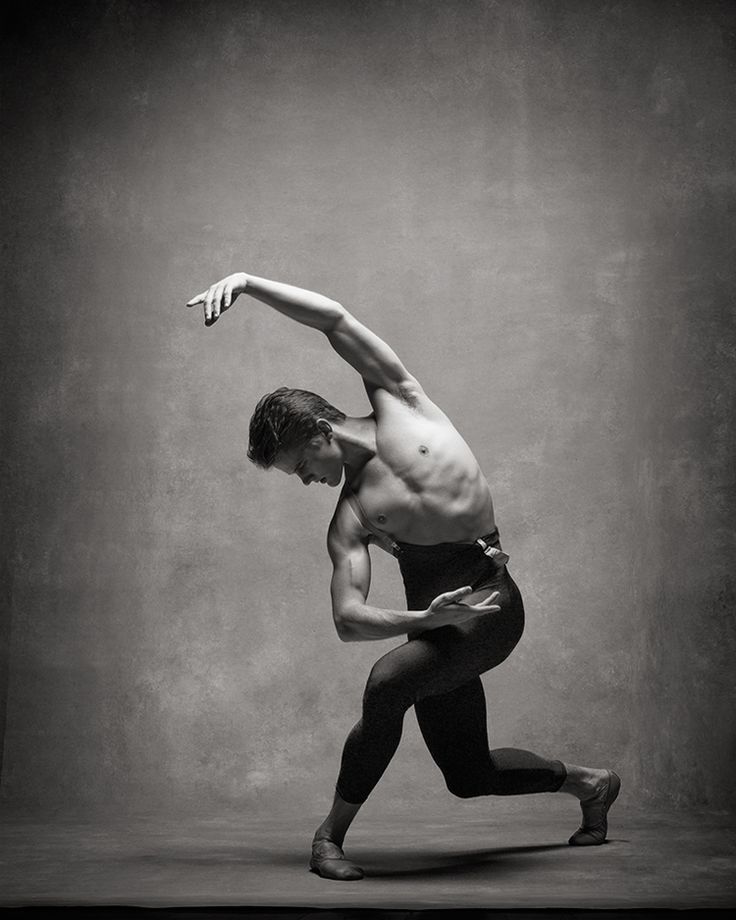 22I will make myself yet more contemptible than this, and I will be abased in your eyes; but by the maids of whom you have spoken, by them I shall be held in honor.” 23And Michal the daughter of Saul had no child to the day of her death.
22I will make myself yet more contemptible than this, and I will be abased in your eyes; but by the maids of whom you have spoken, by them I shall be held in honor.” 23And Michal the daughter of Saul had no child to the day of her death.
1 Chronicles 13
13 David consulted with the commanders of thousands and of hundreds, with every leader. 2And David said to all the assembly of Israel, “If it seems good to you, and if it is the will of the Lord our God, let us send abroad to our brethren who remain in all the land of Israel, and with them to the priests and Levites in the cities that have pasture lands, that they may come together to us. 3Then let us bring again the ark of our God to us; for we neglected it in the days of Saul.” 4All the assembly agreed to do so, for the thing was right in the eyes of all the people.
5 So David assembled all Israel from the Shihor of Egypt to the entrance of Hamath, to bring the ark of God from Kirʹiath-jeʹarim. 6And David and all Israel went up to Baʹalah, that is, to Kirʹiath-jeʹarim which belongs to Judah, to bring up from there the ark of God, which is called by the name of the Lord who sits enthroned above the cherubim.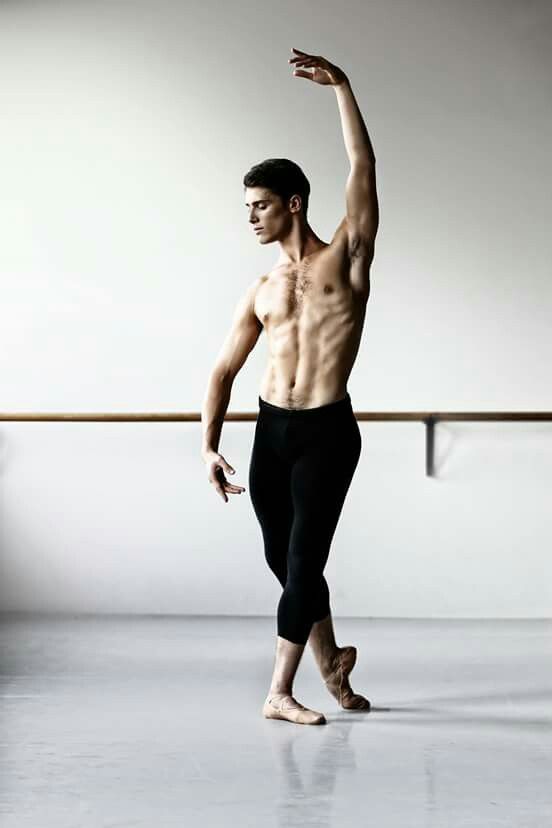 7And they carried the ark of God upon a new cart, from the house of Abinʹadab, and Uzzah and Ahiʹo were driving the cart. 8And David and all Israel were making merry before God with all their might, with song and lyres and harps and tambourines and cymbals and trumpets.
7And they carried the ark of God upon a new cart, from the house of Abinʹadab, and Uzzah and Ahiʹo were driving the cart. 8And David and all Israel were making merry before God with all their might, with song and lyres and harps and tambourines and cymbals and trumpets.
9 And when they came to the threshing floor of Chidon, Uzzah put out his hand to hold the ark, for the oxen stumbled. 10And the anger of the Lord was kindled against Uzzah; and he smote him because he put forth his hand to the ark; and he died there before God. 11And David was angry because the Lord had broken forth upon Uzzah; and that place is called Peʹrez-uzʹza to this day. 12And David was afraid of God that day; and he said, “How can I bring the ark of God home to me?” 13So David did not take the ark home into the city of David, but took it aside to the house of Oʹbed-eʹdom the Gittite. 14And the ark of God remained with the household of Oʹbed-eʹdom in his house three months; and the Lord blessed the household of Oʹbed-eʹdom and all that he had.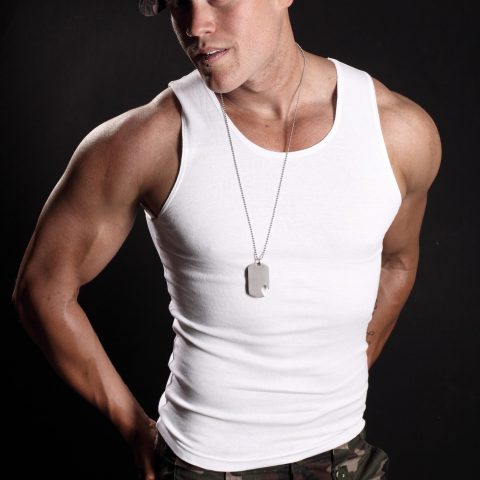
15 David built houses for himself in the city of David; and he prepared a place for the ark of God, and pitched a tent for it. 2Then David said, “No one but the Levites may carry the ark of God, for the Lord chose them to carry the ark of the Lord and to minister to him for ever.” 3And David assembled all Israel at Jerusalem, to bring up the ark of the Lord to its place, which he had prepared for it. 4And David gathered together the sons of Aaron and the Levites: 5of the sons of Kohath, Uriʹel the chief, with a hundred and twenty of his brethren; 6of the sons of Merarʹi, Asaiʹah the chief, with two hundred and twenty of his brethren; 7of the sons of Gershom, Joʹel the chief, with a hundred and thirty of his brethren; 8of the sons of Eli-zaʹphan, Shemaiʹah the chief, with two hundred of his brethren; 9of the sons of Hebron, Eliʹel the chief, with eighty of his brethren; 10of the sons of Uzʹziel, Amminʹadab the chief, with a hundred and twelve of his brethren. 11Then David summoned the priests Zadok and Abiʹathar, and the Levites Uriʹel, Asaiʹah, Joʹel, Shemaiʹah, Eliʹel, and Amminʹadab, 12and said to them, “You are the heads of the fathers’ houses of the Levites; sanctify yourselves, you and your brethren, so that you may bring up the ark of the Lord, the God of Israel, to the place that I have prepared for it. 13Because you did not carry it the first time, the Lord our God broke forth upon us, because we did not care for it in the way that is ordained.” 14So the priests and the Levites sanctified themselves to bring up the ark of the Lord, the God of Israel. 15And the Levites carried the ark of God upon their shoulders with the poles, as Moses had commanded according to the word of the Lord.
13Because you did not carry it the first time, the Lord our God broke forth upon us, because we did not care for it in the way that is ordained.” 14So the priests and the Levites sanctified themselves to bring up the ark of the Lord, the God of Israel. 15And the Levites carried the ark of God upon their shoulders with the poles, as Moses had commanded according to the word of the Lord.
16 David also commanded the chiefs of the Levites to appoint their brethren as the singers who should play loudly on musical instruments, on harps and lyres and cymbals, to raise sounds of joy. 17So the Levites appointed Heman the son of Joʹel; and of his brethren Asaph the son of Berechiʹah; and of the sons of Merarʹi, their brethren, Ethan the son of Kushaʹiah; 18and with them their brethren of the second order, Zechariʹah, Ja-aʹziel, Shemiʹramoth, Jehiʹel, Unni, Eliʹab, Benaiʹah, Ma-aseiʹah, Mattithiʹah, Eliphʹelehu, and Mikneʹiah, and the gatekeepers Oʹbed-eʹdom and Je-iʹel. 19The singers, Heman, Asaph, and Ethan, were to sound bronze cymbals; 20Zechariʹah, Aʹzi-el, Shemiʹramoth, Jehiʹel, Unni, Eliʹab, Ma-aseiʹah, and Benaiʹah were to play harps according to Alʹamoth; 21but Mattithiʹah, Eliphʹelehu, Mikneʹiah, Oʹbed-eʹdom, Je-iʹel, and Azaziʹah were to lead with lyres according to the Shemʹinith. 22Chenaniʹah, leader of the Levites in music, should direct the music, for he understood it. 23Berechiʹah and Elkaʹnah were to be gatekeepers for the ark. 24Shebaniʹah, Joshʹaphat, Nethanʹel, Amaʹsai, Zechariʹah, Benaiʹah, and Elieʹzer, the priests, should blow the trumpets before the ark of God. Oʹbed-eʹdom and Jehiʹah also were to be gatekeepers for the ark.
22Chenaniʹah, leader of the Levites in music, should direct the music, for he understood it. 23Berechiʹah and Elkaʹnah were to be gatekeepers for the ark. 24Shebaniʹah, Joshʹaphat, Nethanʹel, Amaʹsai, Zechariʹah, Benaiʹah, and Elieʹzer, the priests, should blow the trumpets before the ark of God. Oʹbed-eʹdom and Jehiʹah also were to be gatekeepers for the ark.
25 So David and the elders of Israel, and the commanders of thousands, went to bring up the ark of the covenant of the Lord from the house of Oʹbed-eʹdom with rejoicing. 26And because God helped the Levites who were carrying the ark of the covenant of the Lord, they sacrificed seven bulls and seven rams. 27David was clothed with a robe of fine linen, as also were all the Levites who were carrying the ark, and the singers, and Chenaniʹah the leader of the music of the singers; and David wore a linen ephod. 28So all Israel brought up the ark of the covenant of the Lord with shouting, to the sound of the horn, trumpets, and cymbals, and made loud music on harps and lyres.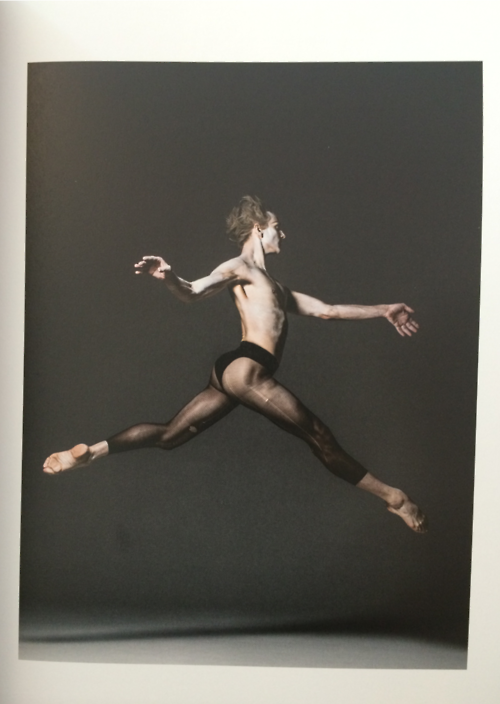
29 And as the ark of the covenant of the Lord came to the city of David, Michal the daughter of Saul looked out of the window, and saw King David dancing and making merry; and she despised him in her heart.
Why did King David dance before the Lord and can Christians dance?
Are Christians permitted to dance in worship services? Is dancing a biblical way of glorifying and worshiping God? Why was King David's dance pleasing to God? We collected opinions to find answers.
Max Lucado, Christian writer (USA) in the book "Go out to meet your Goliaths"
David galloped with all his might before the Lord (2 Sam. 6:14). Spinning and spinning. He was not limited to stomping or moving his head to the beat of the music. In the description of his dances in Hebrew, we see David spinning, jumping and literally jumping. This is not shuffling feet or graceful waltz. David - the winner of the giants became David the dancer. He sets the tone for the entire procession.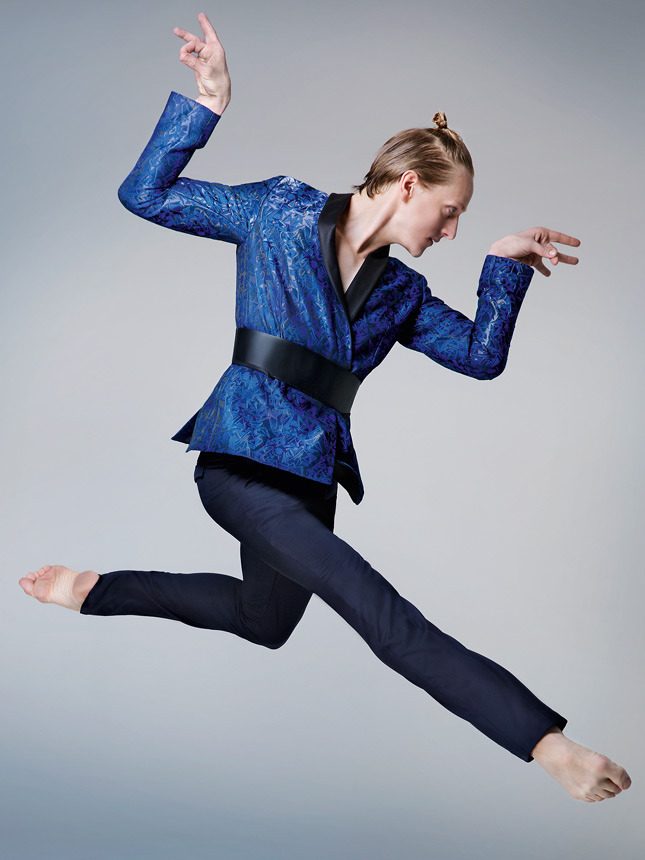
Moreover, he takes off everything except the ephod, the linen priestly breastplate. This priestly vestment is similar in configuration to a long T-shirt. And right there, in front of God, in front of the altar and all the people, David takes off everything except the priest's undershirt. Imagine the President of the United States running out of the Oval Office and hopping and dancing around the main street in his underwear.
David is dancing and we are retreating. We hold our breath. We know what will happen now. We have already read about Ozu. We know what God does to irreverent and insolent people. It's obvious that David doesn't care about anything. Here he is, in the full presence of God and God's people, dancing incendiary dances in underwear. Feel free to call a funeral director. Farewell, King David. You've come to an end. Get ready for the worst.
However, nothing like this happens. The heavens are silent, and David continues to circle, jump, and we do not understand anything. Don't such dances anger God? What does David have that Uzzah didn't have? Why is the heavenly Father not angry with David?
Don't such dances anger God? What does David have that Uzzah didn't have? Why is the heavenly Father not angry with David?
Clive S. Lewis, theologian, apologist, writer, professor (England) in Meditations on the Psalms
We know that David danced in front of the ark. He danced so selflessly that one of his wives (who was more modern, but not better than him) thought that he was putting himself in a ridiculous position.
David didn't think about it. He rejoiced in the Lord. Here we recall that Judaism was one of the ancient religions. This means that in his “appearance” he looked more like paganism than like that stiffness, that caution, that respectful muffledness that we associate with the word “religious”.
In one sense, this separates him from us. We would not be able to attend the ancient rites. All the temples in the world, from the beautiful Parthenon to the holy temple of Solomon, were sacred slaughterhouses (even the Jews cannot return to this, they do not build a temple and do not renew burnt offerings). But even here everything is not so simple: in the temples there was a smell of blood, and there was also a smell of fried meat. They were not only scary, they were cozy and festive.
But even here everything is not so simple: in the temples there was a smell of blood, and there was also a smell of fried meat. They were not only scary, they were cozy and festive.
As a child, I thought that the Jerusalem Temple was like a cathedral, and synagogues were parish churches. This is not true. What happened in the synagogues was very different from what happened in the temple. There they gathered, taught, interpreted the Law, addressed the people (see Luke 4:20; Acts 13:15). Sacrifices were made in the temple; it was in him that Yahweh served.
Our churches are heirs of both the temple and the synagogues: the sermon ascends to the synagogue, the sacraments to the temple. Judaism without a temple is crippled, incomplete; a barn, a ward, a room, a field can become a Christian temple.
What I love most about the psalms is exactly what David danced about. "It" is not as pure or as deep as the love for God that the great mystics and saints of New Testament times attained. I'm not comparing them, I'm comparing David's joy and diligent "going to church." With such a comparison, she surprises with both immediacy and strength. When we read, we envy it and hope to be infected by it.
Interviews with members of the Christian dance group Narnia
Vasile Filat, Pastor of the Good News Church in Chisinau, Head of the Precept Ministries association in Moldova
The New Testament does not tell us about dancing in the first church. I don’t know, and there is no description of the case on the pages of the New Testament where they would dance during worship in the first church, but I don’t know the commandment in which God would forbid it. Perhaps for this reason... Dance is included in the list of "controversial issues".
The apostle Paul devoted an entire chapter of Romans 14 to the topic of controversial issues and wrote the following: “Accept the weak in faith without arguing about opinions. For some believe that everything can be eaten, but the weak eat vegetables. Who eats, do not humiliate the one who does not eat; and whoever does not eat, do not condemn the one who eats, because God has accepted him” (Rom. 14:1-3).
So God accepted both of them, although they cannot accept each other and cannot comprehend in their mind how the other does what he does.
Viktor Fedorov, businessman, philanthropist, head of the Department of Christian Entrepreneurs of the Christian Church of Ukraine
We find in the Bible, on the contrary, negative stories associated with dancing, and, accordingly, worship of idols or a person, but not God:
- Aaron made a golden calf.
- On Mount Carmel there was a battle of false prophets and the prophet of the Lord Elijah.
- The daughter of Herodias danced before the king, pleased him and was rewarded with the head of John the Baptist.
If we consider the culture of the Slavic people, then usually dances were inherent in the worship of the pagan deity Yaryl, there was alcohol, worldly entertainment. Moreover, both among the Slavic people and among the Jewish people it was considered indecent for the tsar to dance in front of the people. On the contrary, for this occupation there were specially trained slaves or slaves. Similarly, from the history of Kievan Rus and Tsarist Russia, we can take an example when there was serfdom - the feudal lords kept serf singers, musicians and dancers for their own fun. These people did not know God, so they needed spiritual amusements to temporarily replace the emptiness in their hearts. Today, those who do not know God, in order to drown out their loneliness, emptiness, depression, have fun in night bars, discos and other places where there is alcohol, dancing and other entertainment.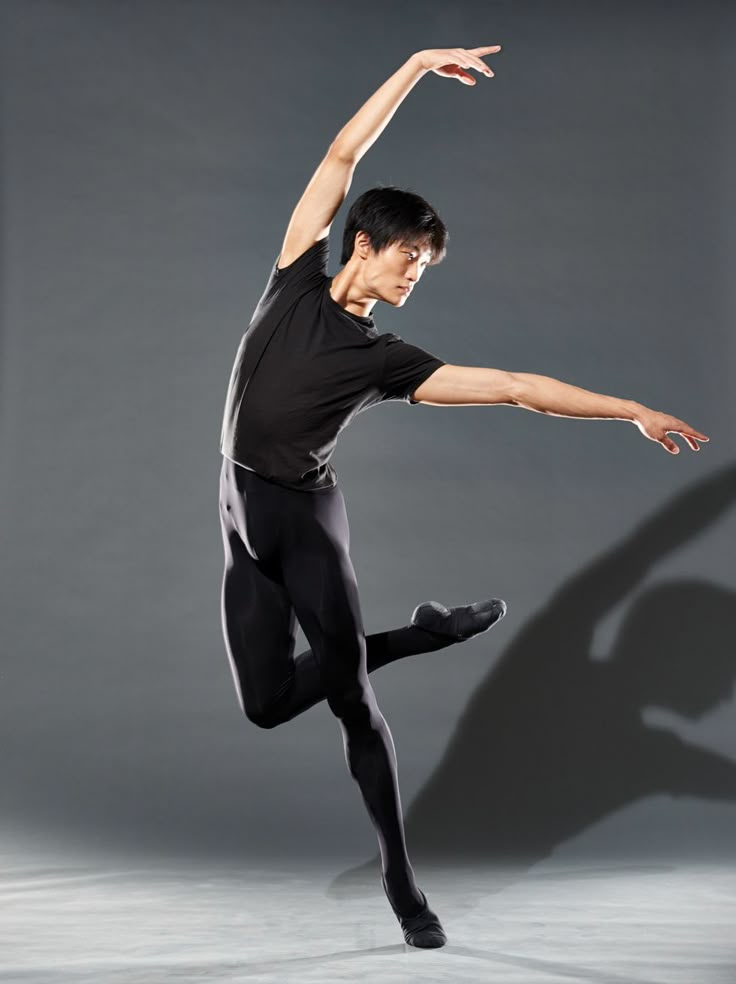 If we do not live in holiness before God, we offend the Holy Spirit, then the power of grace does not work in churches, and some ministers, having a warm state before God, introduced dances, skits, and drums into church services. The Holy Spirit cannot be forced to act by drums and dances, but only when we become small in heart, then the Holy Spirit acts.
If we do not live in holiness before God, we offend the Holy Spirit, then the power of grace does not work in churches, and some ministers, having a warm state before God, introduced dances, skits, and drums into church services. The Holy Spirit cannot be forced to act by drums and dances, but only when we become small in heart, then the Holy Spirit acts.
How to figure out who is right and who is wrong? Some say that the sisters should cover their heads and the members of the church should kneel, while others say that new forms of worship should be introduced with dancing, skits, drums and hall decorations. It's simple for me, if the Power of the Holy Spirit works in the gifts of the Holy Spirit, there's more order. The Apostle Paul in 1st Epistle to the Corinthians, chapter 2 wrote: “And my word and my preaching are not in persuasive words of human wisdom, but in the manifestation of the Spirit and power, so that your faith is not based on human wisdom, but on the power of God” .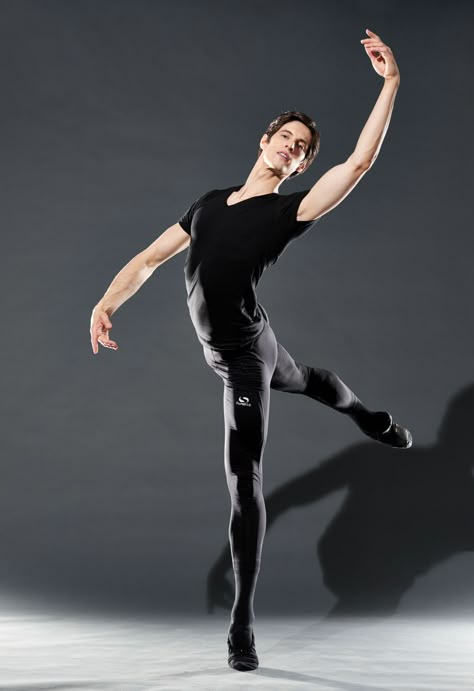
Aleksey Kolomiytsev, teacher and pastor of Word of Grace Church (USA)
The Bible does not cite a single instance where God's children danced worshiping God in the temple. The only case of the similarity of the religious dances of the Israelites is described at the moment of their worship of the golden calf, which they made, departing from God (Ex. 32:1-6). In addition, the Old Testament gives a detailed description of the order of worship, prescribing in detail what should be done in the tabernacle and in the temple. Here again, dancing is not mentioned at all. The New Testament also never speaks of dancing in the context of worship. Describing the worship of the first church, Luke says that the believers dwelt: "In the apostolic teaching, in fellowship, in the breaking of bread, and in prayer" (Acts 2:42), again, not a word is said about dancing.
The above facts allow us to believe that when calling to glorify God with dances in Psalms 149 and 150, David had in mind the social, and not the liturgical context of the life of his people. In other words, David was urging the Israelites to praise God always and everywhere, even when they were relaxing and having fun socially. The New Testament also speaks of this. The Apostle Paul in his letter to the Colossians writes, “And whatever you do, in word or deed, [do] everything in the name of the Lord Jesus Christ, giving thanks to God and the Father through him” (Col. 3:17).
In other words, David was urging the Israelites to praise God always and everywhere, even when they were relaxing and having fun socially. The New Testament also speaks of this. The Apostle Paul in his letter to the Colossians writes, “And whatever you do, in word or deed, [do] everything in the name of the Lord Jesus Christ, giving thanks to God and the Father through him” (Col. 3:17).
Thus, we can firmly say that the Bible does not allow dancing in worship. Churches that practice this have no Scriptural basis for it. The practice of ritual dancing came into modern Christian churches of a charismatic persuasion not from the Bible, but from their tendency towards an ecstatic form of worship in which a person is completely immersed in the control of emotions, while losing the ability to intelligently control himself.
Mikhail Samsonov, Rabbi of the Vinnitsa Jewish Messianic Community
Is it even possible to glorify God in dance? Isn't this something obviously unspiritual? Personally, I think that the God of Israel likes it when believers praise Him in dances .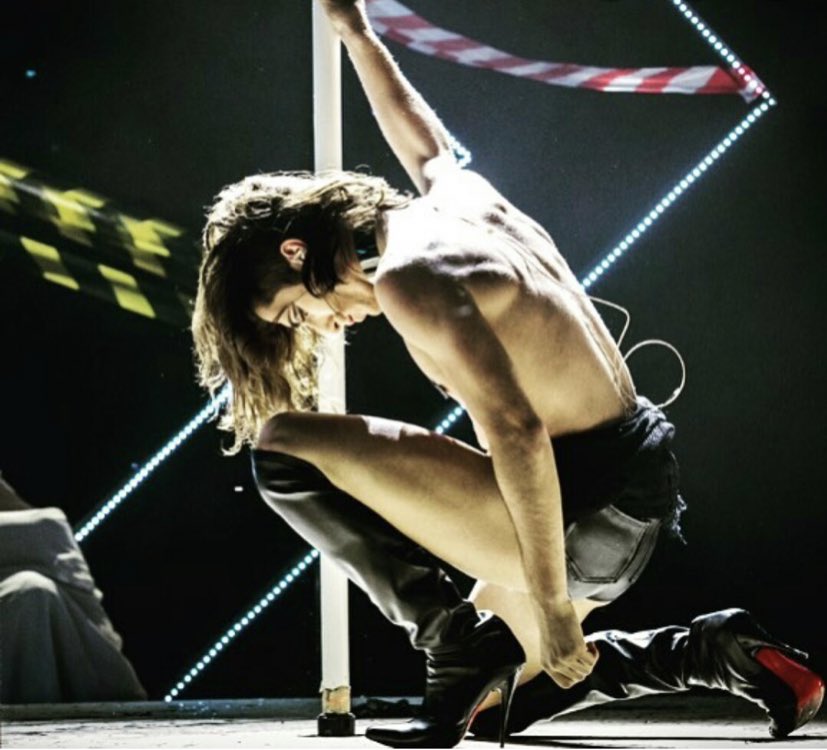 Why do I think so? Well, at least because there are calls (!) in Scripture to praise God in dances. Here is a small selection of passages from the Bible where the word “dance, round dance” is in the original:
Why do I think so? Well, at least because there are calls (!) in Scripture to praise God in dances. Here is a small selection of passages from the Bible where the word “dance, round dance” is in the original:
“And You turned my mourning into rejoicing, took off my sackcloth and girded me with joy” (Ps. 29:12).
"Jubilation" - here, it is "dance, round dance". As you can see, according to this verse, God Himself transformed a sad state into a joyful dance!
“Let them praise His name with faces, let them sing to Him on a timbrel and harp” (Ps. 149:3).
Have we forgotten that all Scripture is the Word of God? So, the Almighty Himself points out how to praise Him. "Praise with faces" here - it is praised in a round dance.
“Praise Him with timbrel and lyric, praise Him with strings and organ” (Ps. 150:4).
Also an indication of how to praise the Almighty. And the same word "dance, round dance", as in previous excerpts from the Bible.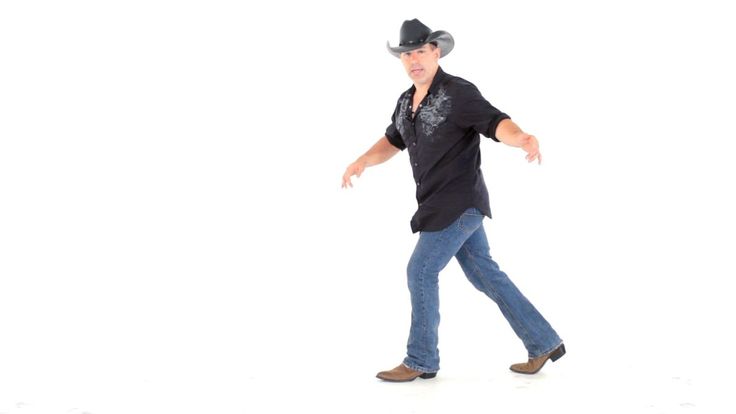 Today's believers, for the most part, have nothing against the organ in worship, various stringed instruments, against trumpets and drums. But, about dancing, they have a prejudice. Isn't it strange?
Today's believers, for the most part, have nothing against the organ in worship, various stringed instruments, against trumpets and drums. But, about dancing, they have a prejudice. Isn't it strange?
Aleksey Batanov, youth leader of the New Life Church (Simferopol)
“When I think about how King David danced, I think it was something very similar to this clip”:
INVICTORY is now on Youtube, Instagram and Telegram!
Want to get the hottest content straight to your favorite platforms? We bring you new movie reviews, interesting podcasts, breaking news and helpful tips from ministers on popular platforms. Many materials go only to them, not even getting on the site! Subscribe and get the most interesting information first!
How David Mancuso made everyone dance to disco: an excerpt from The History of DJs
Preprint
How David Mancuso made everyone to dance to the disco: an excerpt from The History of DJs
Poster Daily
25 March 2020
White Apple publishes Last Night a DJ Saved My Life: A DJ Story by Bill Brewster and Frank Broughton, a detailed account of how the people behind the turntables became the masters of music. With the permission of the publishing house, Afisha Daily publishes a chapter about David Mancuso, without whom disco would not have gained the popularity it had.
With the permission of the publishing house, Afisha Daily publishes a chapter about David Mancuso, without whom disco would not have gained the popularity it had.
If disco has an angel it's shaggy David Mancuso, if the genre has a cradle it's his Loft Club. There was no more influential institution than before or after. It was there that the foundations were laid for the music you dance to today and all the places you go to.
Mancuso found and unearthed the most classic dance records, inspired a generation of DJs, collectors, club owners and labels, set the standard for club sound systems, and turned the Loft into a place where the love and equality celebrated in thousands of dance songs became a reality . Raised on the universal perspective of the hippie generation, inspired by a sincere love of music and the exciting possibilities of modernity, David Mancuso laid the cornerstone of the modern club movement.
While Grasso was groping for the creative potential hidden in the DJ and the stack of records, Mancuso sketched out the prototypes of the excellent dance floor ideas consciously or unconsciously repeated by clubs and clubbers since then.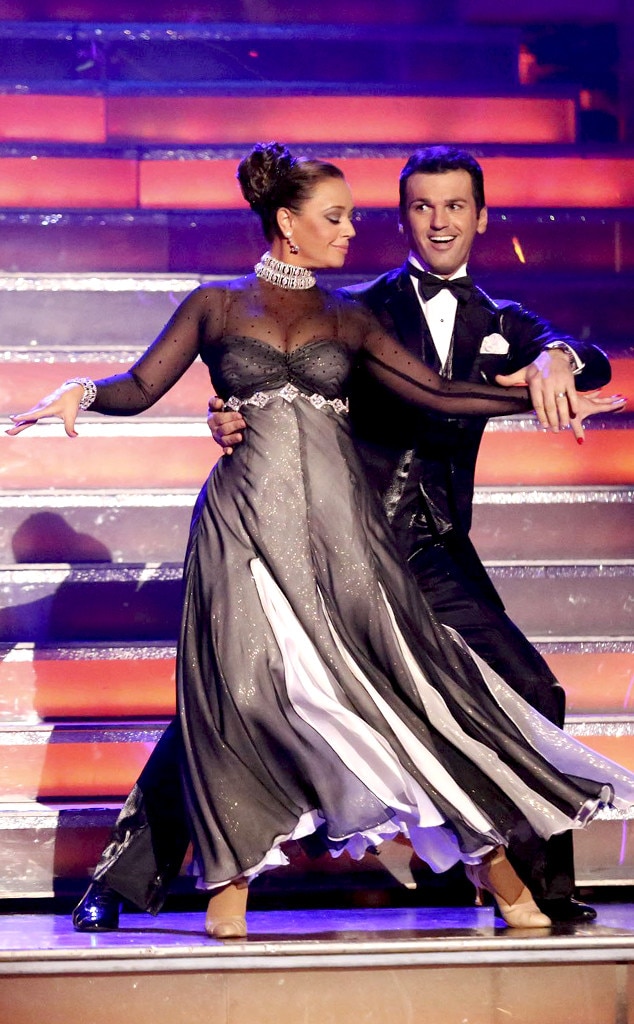 Yes, and Loft continues to live. Regular parties in London and New York mean that the Mancuso Club has been around for nearly thirty-five years.
Yes, and Loft continues to live. Regular parties in London and New York mean that the Mancuso Club has been around for nearly thirty-five years.
Mancuso himself, a modest man who usually mumbles something under his breath, is considered by many to be a crazy musical mystic because of his gleam in his eyes and thick beard. He demands perfect sound reproduction, refuses to mix records, insisting that they should be listened to in their entirety and without changes, and when he talks about music, he chooses words that you usually don’t hear from a DJ. But most people who have experienced the emotional charge of the dance floor at least once, instinctively begin to understand those elusive feelings that he is trying to express.
A short video showing Mancuso at work
Throughout his life, Mancuso has lived with an obsession that lies in the relationship between music, the person who plays this music, and the bodies and souls of the people who listen to this music and dance to it .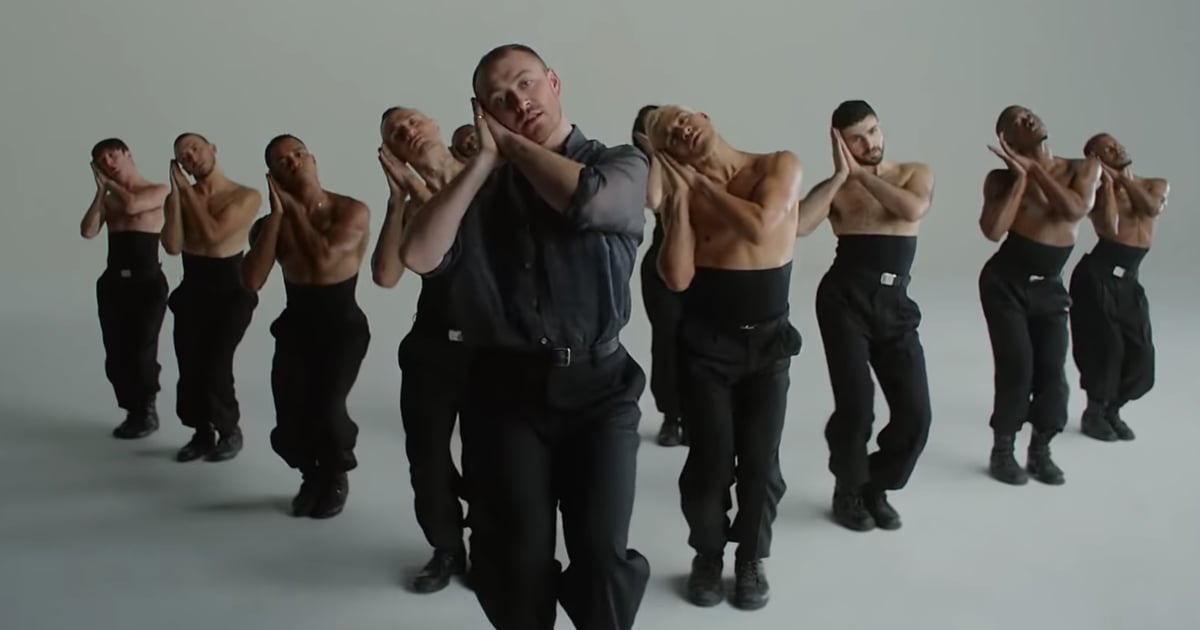 As a DJ, he never sought to present himself as an egoist, for example, "play an outstanding set", for him a wonderful party is created not only by music, but also by dancers - it depends not only on the hand of the one who chooses the next record, but also on the atmosphere of joy, spilled indoors.
As a DJ, he never sought to present himself as an egoist, for example, "play an outstanding set", for him a wonderful party is created not only by music, but also by dancers - it depends not only on the hand of the one who chooses the next record, but also on the atmosphere of joy, spilled indoors.
David Mancuso, born October 20, 1944 in Utica, New York, talks about being raised by a benevolent nun in an orphanage for twelve children. To this day, he remembers very well how she gave the children juice to drink and played a pack of records on a large square radio, to which they all sang and danced. He is convinced that she had a profound effect on the type of party he later threw.
“There is a certain influence in all this - a sense of community that I manage to induce in people, and the way I do it is all from there, from childhood. Sister Alicia always found a reason to party."
At the age of fifteen, Mancuso was already working as a shoe shiner. Moving to New York during the Cuban Crisis in 1962, he worked in a variety of jobs—including designing towels and working in human resources—until he got bored working "nine to five.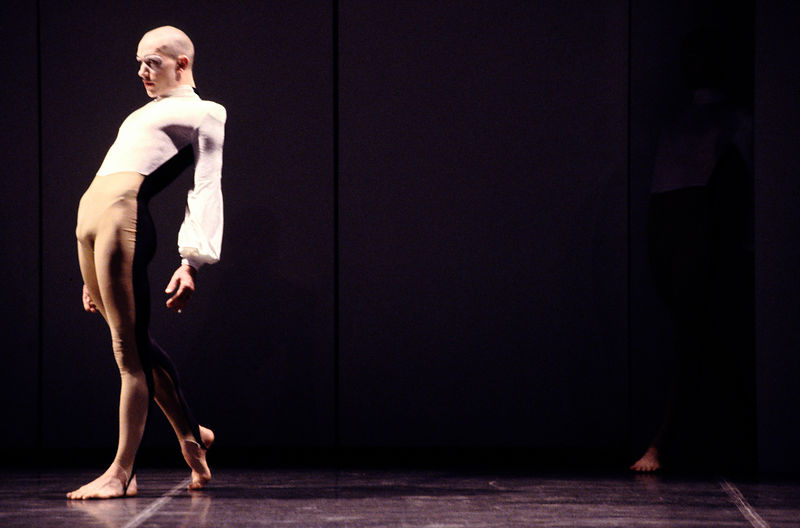 "
"
In the city, he began to lead an aimless life, making friends, struggling to make money, and trying even harder to have some good time, until in 1970 he started throwing parties in the loft where he lived, starting around midnight. And although this place never formally tried to go with the flow, soon the loft space filled with balloons became known to all visitors under the name Loft.
There wasn't much to see in the Loft, and the room itself wasn't very big. But it was homemade, with a superb custom-made stereo system, and Mancuso himself was the musical director, with a keen ear for anything exciting, atmospheric, and rhythmic. Much a product of the psychedelic era and a fan of black music, Mancuso conceived the Loft as a series of parties to which invitations were distributed exclusively among close friends.
“It was a commercial loft,” he recalls. “There were fire sprinklers everywhere and all that. I sent out thirty-six invitations, but it took a while for everything to swing into full force.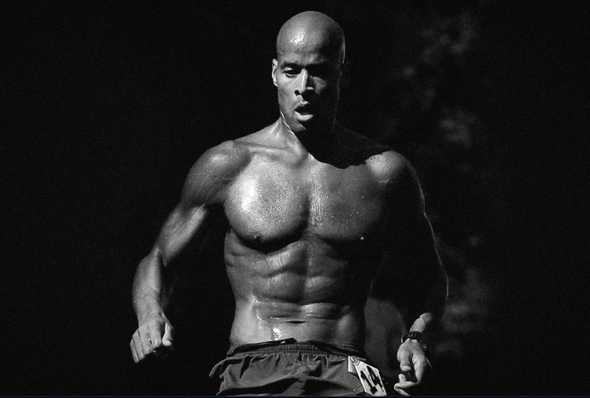 Six months later, the loft was open every week.” He was very strict about the status of his guests, guided by clear goals and thoughtful principles. “If you got inside, then you became a participant. You were not a member of the club. Loft was not a club. I didn't want to fall into that category at all. For me, it was something completely different. I wanted to be as close as possible to the very essence of the party. Admission was $2.50, and for that amount you got a wardrobe, food, and music. At that time, bars were open until three in the morning, and if any of the places worked longer, then they either played for money or sold alcohol. And I didn't want to have anything in common with any of them. I wanted privacy. And if you remember, Loft was the place where I slept and where I dreamed. In a word, he did everything.
Six months later, the loft was open every week.” He was very strict about the status of his guests, guided by clear goals and thoughtful principles. “If you got inside, then you became a participant. You were not a member of the club. Loft was not a club. I didn't want to fall into that category at all. For me, it was something completely different. I wanted to be as close as possible to the very essence of the party. Admission was $2.50, and for that amount you got a wardrobe, food, and music. At that time, bars were open until three in the morning, and if any of the places worked longer, then they either played for money or sold alcohol. And I didn't want to have anything in common with any of them. I wanted privacy. And if you remember, Loft was the place where I slept and where I dreamed. In a word, he did everything.
With the same attention to which Mancuso approached the selection of invitees to his parties, he paid attention to music. He understood that the dynamics of the sound was as important as the records he played.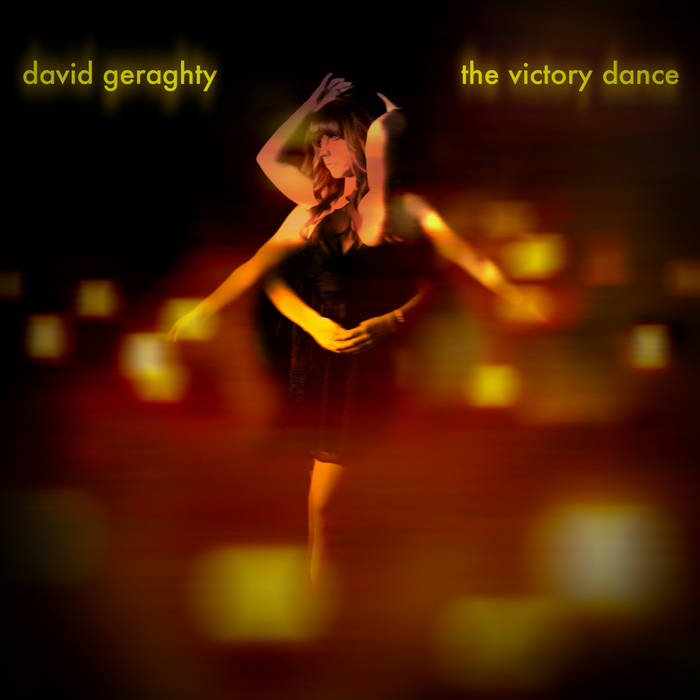 “I wanted to listen to music. If you hear the sound system, you immediately get an auditory injury. Therefore, you need to listen to music, not the system.”
“I wanted to listen to music. If you hear the sound system, you immediately get an auditory injury. Therefore, you need to listen to music, not the system.”
In 1971 he met Alex Rosner. “Our mutual friend said that I definitely need to take a look at David's club, because I could be useful to him. And so it happened. As a result, I rebuilt the entire club to his requirements and made the sound much better. He had an ordinary home stereo system. When I finished my work with him, he already had a full-fledged disk system.
One of the biggest hits of the Fingers Inc Loft project.
The fidelity of the sound system created by Rosner and Mancuso has since become the accepted standard for all nightclubs in the world. “It's just a matter of quality,” Rosner says. — You see, I was an audiophile. I applied an audiophile approach - high quality - to commercial sound systems, which no one had done before. Most commercial sound systems sounded lousy. I made them sound good just by using better components.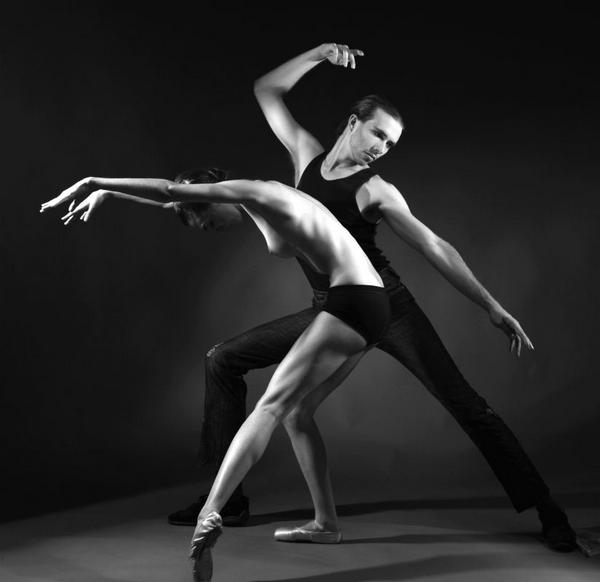 There are no secrets here: you just need to convince the owner that he needs to spend a little more money on better components. I knew where to put the speakers. I knew how many of them were required and how to make everything sound right.”
There are no secrets here: you just need to convince the owner that he needs to spend a little more money on better components. I knew where to put the speakers. I knew how many of them were required and how to make everything sound right.”
The two formed a formidable alliance in which Mancuso delivered bold ideas to Rosner's practical expertise. One day he asked Rosner to create two groups of tweeters, tweeters. “He asked me to create them, to which I told him that this was not a good idea,” Rosner recalls. - He said: "I don't care what you think, just do what I ask you." I didn't really think it was a bad idea, I just thought it was overkill. Typically, in a sound system, one such speaker per channel is enough. He needed eight. I thought that there would be too much high frequencies.
But in this case, the seer was right, the expert was wrong, because, as Rosner himself admits, “the frequencies were quite high, but did not reach the pain threshold. There was no rigidity in them.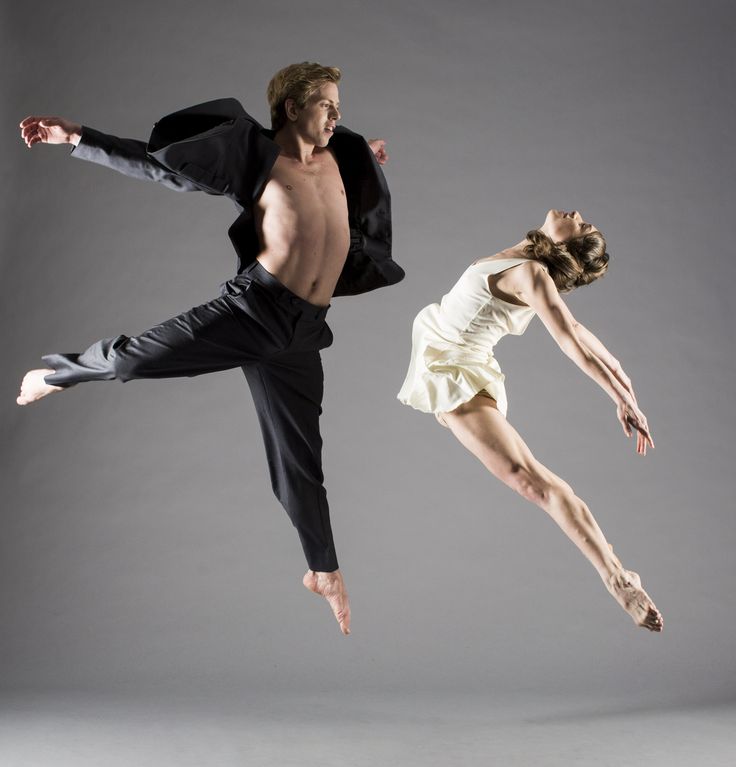 The more there were, the better it turned out. That is, the idea, in fact, turned out to be amazing.
The more there were, the better it turned out. That is, the idea, in fact, turned out to be amazing.
The resulting system was incomparable. As Mancuso says, “The only thing Loft did was set the standard: it had a sound system that fully justified its investment.”
Klipschorn speakers (designed by Paul Klipsch in the twenties and prized for their simplicity and purity), a set of JBL bullet tweeters and later hand-built Koetsu pickups and Mitchell Cotter turntables. “Mancuso set up the Klipschorn in such a way,” recalls Niki Siano, “that they radiated and reflected sound, amplifying it and filling the whole space with it.” In addition, the Loft was a great place to experiment with sound. “His premises were ideal for these purposes. He usually went to the dance floor, turned off the lights, only small table lamps shone in the corners, which dimmed when the tweeters came into play. It was unusual, but very cool.”
Visitors selected on the basis of friendship, music, incredible sound and a unique atmosphere of hospitality - no one has ever been to a place like this.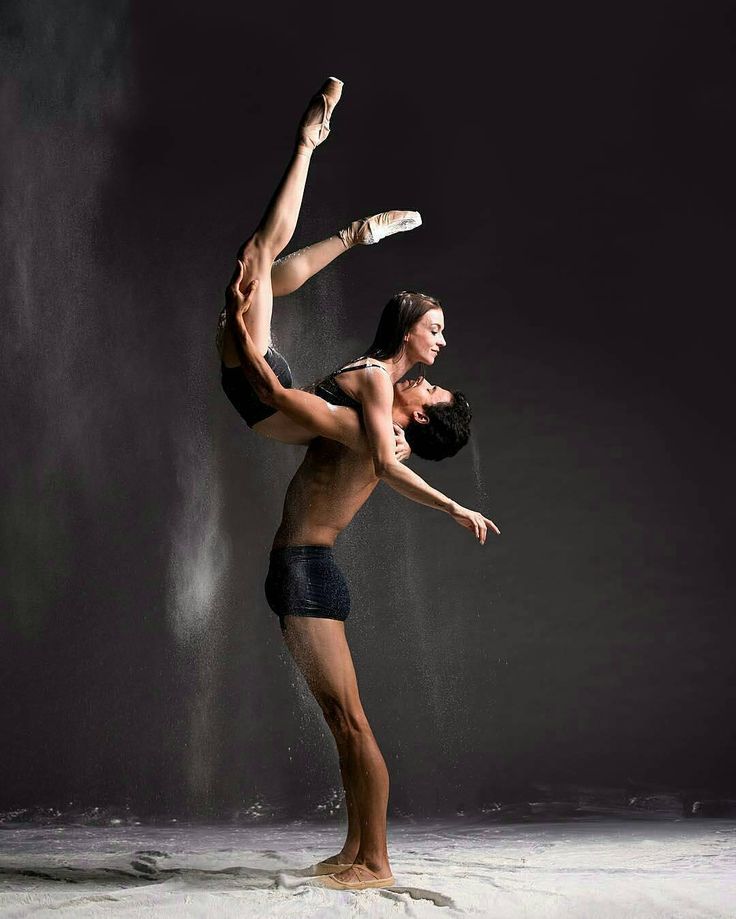 Loft was a revelation. It was only a few miles away from glamorous clubs like Arthur, Le Club and Cheetah, but in concept and execution it was like from another world. Since Mancuso's many friends represented the full spectrum of the counterculture, his club became a haven from the outside world - a secret society of the discontented and disenfranchised. “We squeezed fresh orange juice and ate organic nuts and raisins,” he recalls. “We have made ourselves a lair. Everything was very high quality. Everyone has been there: Patti LaBelle, Devine and many others. They didn’t build any of themselves, because they came there to relax. And, of course, it was impossible to get there without an invitation.”
Loft was a revelation. It was only a few miles away from glamorous clubs like Arthur, Le Club and Cheetah, but in concept and execution it was like from another world. Since Mancuso's many friends represented the full spectrum of the counterculture, his club became a haven from the outside world - a secret society of the discontented and disenfranchised. “We squeezed fresh orange juice and ate organic nuts and raisins,” he recalls. “We have made ourselves a lair. Everything was very high quality. Everyone has been there: Patti LaBelle, Devine and many others. They didn’t build any of themselves, because they came there to relax. And, of course, it was impossible to get there without an invitation.”
Disco classics Earth, Wind & Fire also played in the Loft
Of course, Mancuso met with the West Village triumvirate - Grasso, Cappello and D'Aquisto. “I went to see Steve D’Aquisto at his club,” he recalls, “and I liked what I saw there. So I went up to him and said: “You know, I like music.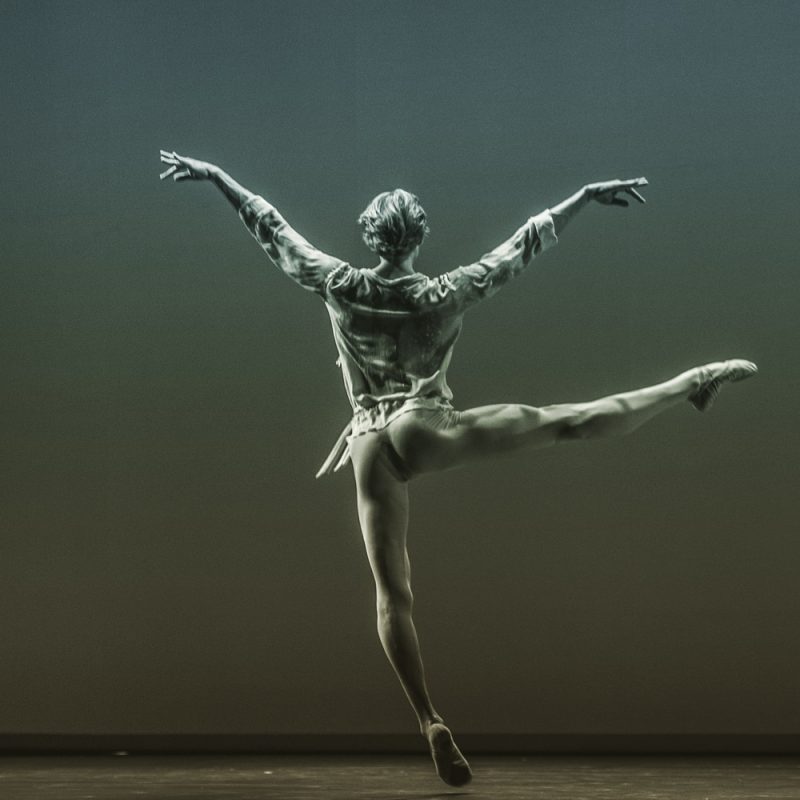 I have a place here in the center. My place, I have private parties there. If you want, come with a friend." Which he did. That's how I met Michael Cappello and Francis."
I have a place here in the center. My place, I have private parties there. If you want, come with a friend." Which he did. That's how I met Michael Cappello and Francis."
When Steve D'Aquisto discovered the Loft, he felt like he had found a home.
“One evening I went there alone and found myself in a world of incredible sound and unprecedented beauty. The place is as special as it can be. Nothing even came close to Loft. The Loft was a tiny place, but unforgettable."
In exchange for such hospitality, Grasso and his buddies shared new mixing techniques with Mancuso—smooth transitions, finger mixing, and tapping—showing him how to create whole sets of continuous music that thrill Haven and Sanctuary. At that point, Mancuso was already experimenting with his ideas and owned an impressive collection of sound effects records that he used at the beginning and end of songs (he copied this idea from the New York radio station WNAW). Gradually, Mancuso learned the tricks needed to mix records, although he later abandoned the idea of mixing altogether, as he was a supporter of the purity of the song.

